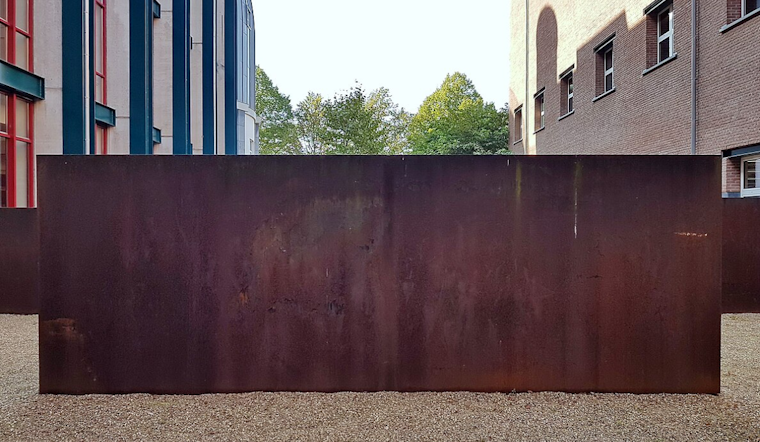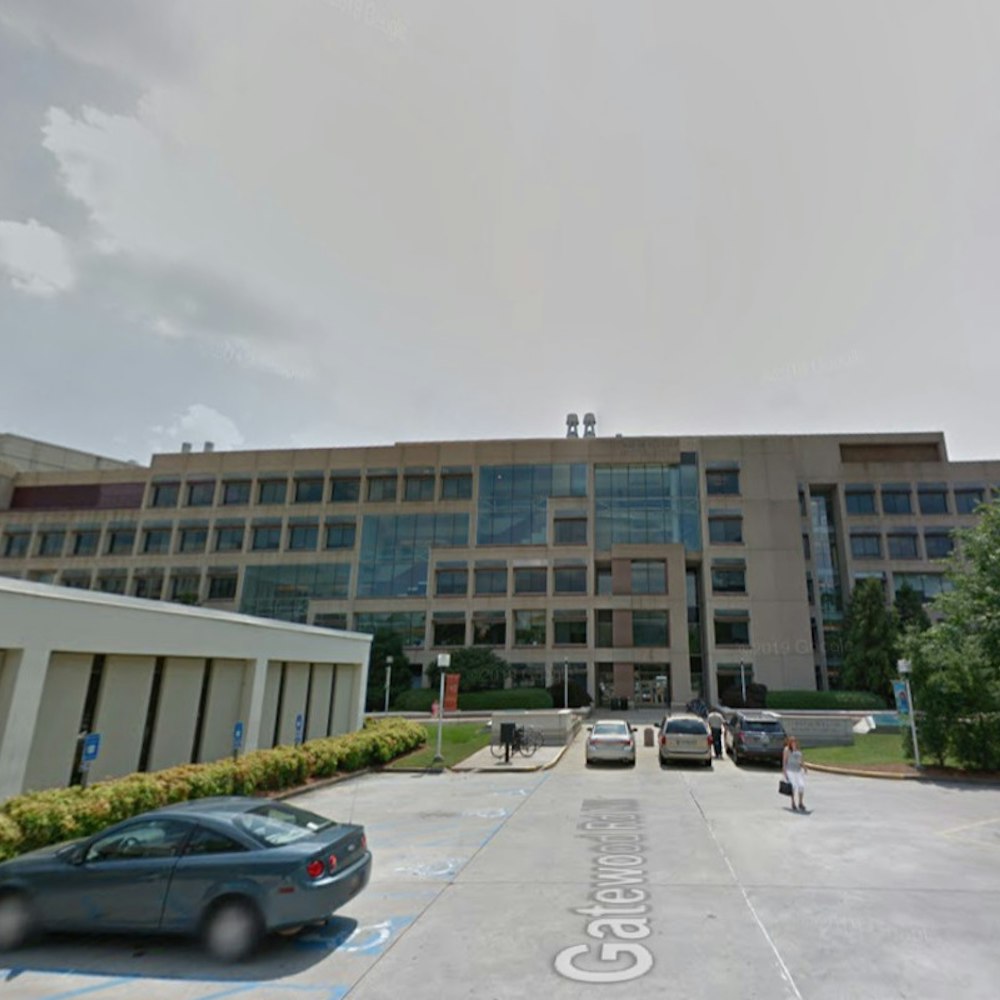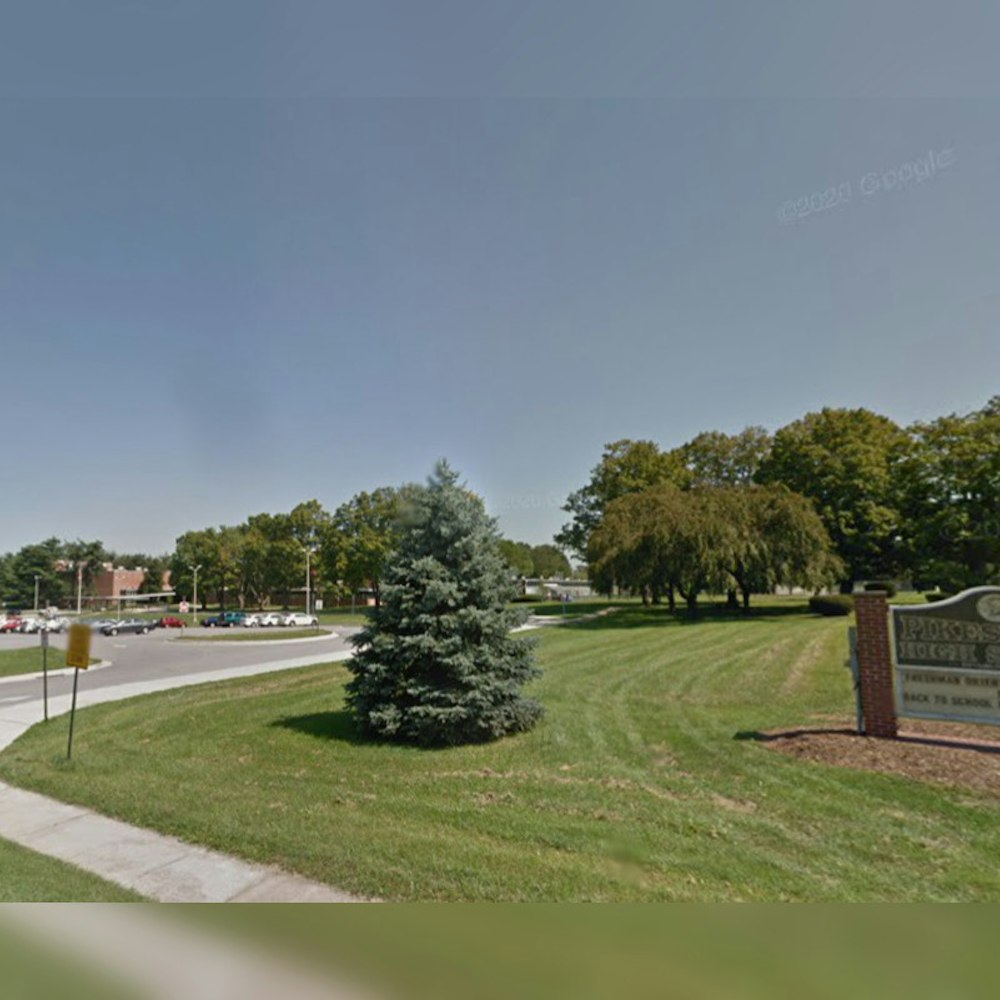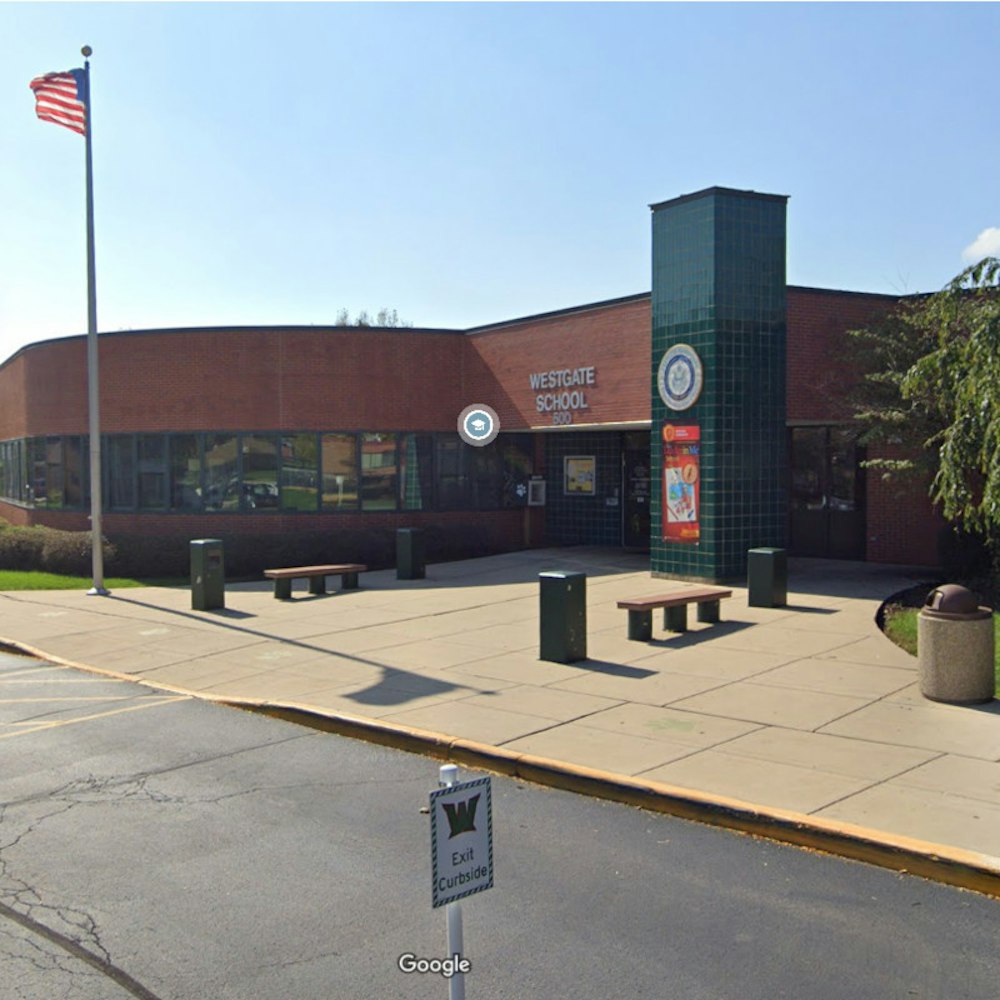
The art world is mourning the loss of a giant, as Richard Serra, famed for his massive and minimalist metal sculptures, passed away at the age of 85 due to pneumonia, his lawyer confirmed to BBC News. Serra, a towering figure in modern sculpture, leaves behind a legacy of bold, elemental works that transformed the landscapes of cities around the globe from New York to Bilbao.
Born and raised in San Francisco, the man who would come to be known as the "poet of iron" drew early inspiration from the towering ship hulls he encountered at the local shipyards where his father worked – a relationship with metal that would define his life's work, although he initially sought a path as a painter before pivoting dramatically to sculpture, Serra worked in a steel mill to support his studies at Yale, and joined forces with the likes of Philip Glass and Steve Reich in New York's fecund 1960s art scene to bankroll their creative endeavors by moving furniture, documented by BBC News.
But it wasn't without disruption; the installation of his works occasionally proved dangerous, leading to fatal and life-changing accidents for workers involved in their construction. Most notably, in 1971, a man was killed during the installation of Serra's work in Minneapolis, and 17 years later, a worker lost a limb while disassembling a piece in New York. Despite these tragedies, Serra's resolve and vision for his craft remained undeterred, as reported by SFist. His relentless pursuit of his aesthetic led to high-profile conflicts, including a bitter dispute over his work Tilted Arc, which was eventually removed from New York's Federal Plaza after strong opposition from local workers.
His works, often vast curtain-like slabs of steel that engage the environments they inhabit, imposing and uncompromising, have been celebrated and controversial in equal measure, with praises singing of the experiences they foster, wherein visitors might walk away with "feelings of secret and victorious expansion," according to Washington Post art critic Sebastian Smee's praise carried by BBC News. Serra's stubbornness also extended to his personal life, declining surgery to remove an eye after being diagnosed with cancer in the tear duct, fearing it would compromise his work as an artist, a decision highlighted by SFist.
Serra is survived not only by his massive sculptures, which defy gravity and expectation in public spaces around the world, but also by his sketches, paintings, and smaller metal pieces, a number of which are housed in SFMOMA as part of the Doris and Donald Fisher Collection.



-1.webp?w=1000&h=1000&fit=crop&crop:edges)





